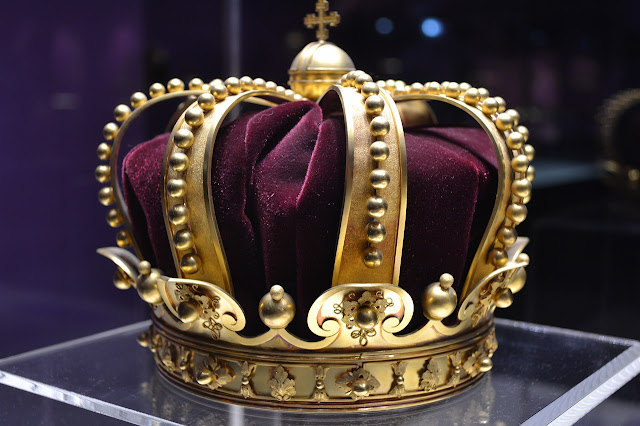Exploring the Legacy of King Charles III: A Controversial Reign and Historical Reflection
Charles Philip Arthur George, born on November 14, 1948, had long been prepared for his eventual role as monarch. Yet, his journey to the throne was fraught with challenges and controversies, not least of which was his divorce from Diana, Princess of Wales, and subsequent marriage to Camilla Parker Bowles. These personal trials shaped public perception of the future king, and his accession to the throne was met with a mixture of curiosity and skepticism.
From the outset, King Charles III sought to modernize the monarchy while preserving its time-honored traditions. His reign was characterized by a commitment to environmental conservation, social justice, and the promotion of interfaith dialogue. He became known for his outspoken views on issues such as climate change, architecture, and alternative medicine, earning him both praise and criticism from various quarters.
One of the most significant moments of King Charles III's reign came in 2015 when he dissolved Parliament amid a constitutional crisis over the formation of a new government. This unprecedented move sparked debate about the role of the monarchy in modern governance and raised questions about the limits of royal power in a democratic society. Ultimately, the crisis was resolved through negotiations, but it underscored the delicate balance between the Crown and Parliament in the British political system.
Despite the controversies and challenges he faced, King Charles III also left a lasting legacy of philanthropy and public service. His charitable endeavors, including the Prince's Trust and the Prince of Wales's Charitable Foundation, have had a profound impact on communities across the United Kingdom and beyond. His dedication to causes such as youth empowerment, education, and conservation has earned him admiration and respect from many quarters.
In reflecting on the reign of King Charles III, it is important to consider the broader implications for the monarchy and its place in contemporary society. His reign highlighted the need for a monarchy that is responsive to the changing needs and values of the people it serves, while also upholding the traditions and principles that have defined the institution for centuries.
As the world continues to evolve, the legacy of King Charles III serves as a reminder of the enduring importance of leadership, integrity, and adaptability in the face of change. Whether viewed as a controversial figure or a visionary monarch, his reign will undoubtedly be remembered as a pivotal chapter in the history of the British monarchy.
Environmental Advocacy: One of the defining characteristics of King Charles III's reign was his unwavering commitment to environmental conservation. He became known for his advocacy on issues such as climate change, sustainable agriculture, and renewable energy. Charles was an early advocate for environmental causes, often drawing attention to the urgent need for global action to address the threats posed by climate change. His efforts to raise awareness and promote sustainability earned him praise from environmental activists and organizations worldwide.
Architectural Influence: King Charles III was also known for his interest in architecture and urban planning. He famously spoke out against modernist architecture, advocating instead for the preservation of historic buildings and the promotion of traditional architectural styles. His views on architecture sparked debate within the architectural community and led to discussions about the balance between modernity and heritage in urban development.
Interfaith Dialogue: Throughout his reign, King Charles III was a vocal proponent of interfaith dialogue and understanding. He sought to foster greater harmony and cooperation among people of different religious backgrounds, emphasizing the importance of tolerance and mutual respect. Charles's efforts to promote interfaith dialogue were particularly significant in a world marked by religious conflict and division.
Constitutional Crisis: The dissolution of Parliament in 2015 was perhaps the most dramatic moment of King Charles III's reign. The decision to dissolve Parliament was unprecedented in modern British history and raised serious questions about the role of the monarchy in the democratic process. While some praised Charles for taking decisive action in the face of political deadlock, others criticized him for overstepping his constitutional authority. The crisis ultimately led to a reexamination of the relationship between the Crown and Parliament, highlighting the need for clarity and transparency in the British political system.
Philanthropic Legacy: Beyond his official duties as monarch, King Charles III was deeply committed to philanthropy and public service. He founded numerous charitable organizations and initiatives aimed at addressing a wide range of social, environmental, and cultural issues. His philanthropic legacy continues to have a profound impact on communities throughout the United Kingdom and beyond, reflecting his dedication to making a positive difference in the world.
Overall, King Charles III's reign was marked by a combination of innovation, controversy, and steadfast commitment to the principles he held dear. While his legacy may be subject to interpretation and debate, there is no denying the lasting impact he had on the monarchy and the broader society he served.

Comments
Post a Comment
Please do not enter any spam link in the comment box.